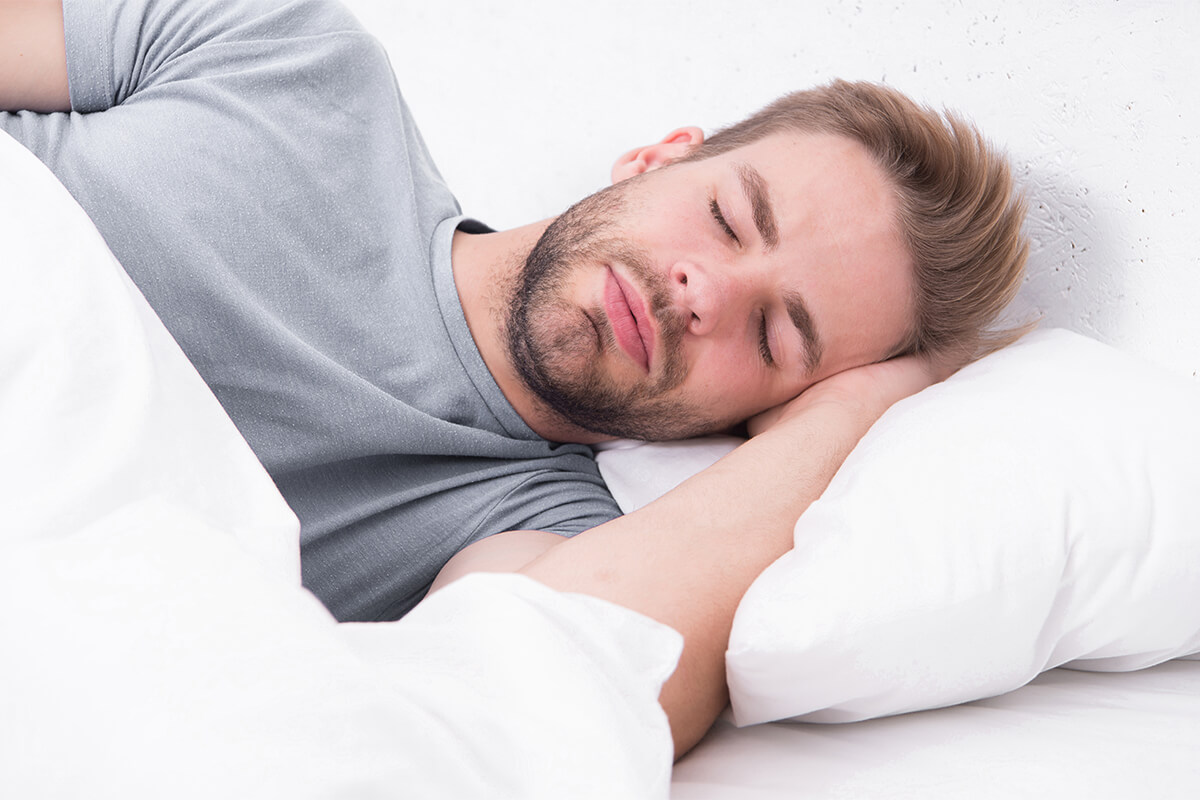While we all know getting a good night’s sleep is very important for our health, it can be easy to take sleep for granted since we do it every day. Most people believe that they get enough sleep by sleeping for 7-8 hours every night. But the truth is that not all sleep is productive rest.
If you wake up feeling tired and grumpy, there’s a good chance you’re not getting the productive sleep you need. Sleep apnea and other conditions can cause you to lose valuable rest and have long- and short-term impacts on your overall health. This is why you need a team of sleep professionals to help you diagnose your sleeping habits and recommend the best treatment strategy.
At Gateway Oral Health Center, you can rely on the skills of Dr. Bryce Eagar and his team of committed sleep professionals to help you get the most out of your sleep with effective treatments and helpful advice about healthy sleep habits.
Tips On How to Get the Most Out Of Your Sleep
Sleeping and rest do not always go hand in hand. When your sleep becomes unproductive, you achieve less rest. Aside from treatments, there are a few things you can do right now to aid in more productive rest during sleep, such as:
- Sticking to a set sleep schedule
- Revising your diet
- Creating a comfortable, rest-encouraging environment
- Napping limits
- More physical activity
Sleep Scheduling
When you were a kid, your parents likely gave you a bedtime every day. This strategy works to help children, who experience time at a much slower pace than adults, to get the sleep they need for those long days. However, as adults, we tend to go to bed when we “feel like it” and abandon this effective strategy. Start setting a bedtime every night and stick to it.
A Sleep Diet
There are certain foods you should eat and those you should avoid leading up to your bedtime. Usually, difficult-to-digest foods or those with high amounts of stimulants like caffeine are bad choices. Meanwhile, alcohol, although it may make you feel sleepy on the front end, can also cause disruptive sleep, which slashes your rest productivity.
Sleeping Environment
We all have different preferences. However, a productive sleep environment is often dark, cool, and quiet. You want to limit light sources, especially blue light from computers, TVs, and cell phones, one hour before bedtime. Engaging in calming exercises, taking a bath, or simple breathing exercises can also greatly benefit.
Limit Taking Naps
Napping can drastically impact your ability to enjoy a productive night’s sleep. Try to take shorter, less frequent naps during the day. Keep them down to an hour or less, and avoid taking naps later in the day, such as after 3 or 4 PM.
Increase Physical Activity
Getting out and moving can improve your sleep quality. You don’t necessarily have to start training for that triathlon tomorrow, but a short walk or some other light physical activity can do wonders for your rest production when you sleep.
Sleep Disorder Treatments St. George, Utah
To learn more about achieving a better night’s sleep, call Gateway Oral Health Center at (435) 656-0255 to schedule your consultation. We look forward to helping you achieve the productive rest you deserve.
Share this Article
